Ezra Klein, a columnist for The New York Times and host of the popular podcast “The Ezra Klein Show,” shared his insights on the dynamics of American politics during a recent interview with Chris Hayes.
Their conversation focused on why Republicans, particularly those aligned with Donald Trump, seem to have an advantage over Democrats in terms of winning elections. According to Klein, the secret to Republican success is not money, as many might assume, but rather their ability to capture the public’s attention.
In their discussion, Klein offered a powerful theory about how Republicans dominate the media landscape and maintain a strong grip on public focus. He explained, “Money is very powerful when there’s not much attention. But Donald Trump doesn’t control Republican primaries with money; he controls them with attention.”
For Klein, this observation points to a crucial shift in the way politics is played today. While Democrats still view money as the essential ingredient for political success, Republicans, led by figures like Trump, have turned attention into their most valuable resource.
Klein’s comments also touch on the evolving role of billionaires like Elon Musk. Klein explained that Musk’s vast wealth, while significant, is not what sets him apart in the political sphere.
What matters most, according to Klein, is how Musk has mastered the art of generating massive amounts of attention. “It’s just how he managed to get the attention and become the character and the wielder of all this attention,” Klein said.
Chris Hayes, host of MSNBC’s “All In with Chris Hayes,” was quick to agree with Klein’s assessment, adding that attention plays a key role in political success, especially in higher-profile races like presidential elections.
In contrast, local races, such as those for state representatives, often rely more on money since they receive less media coverage. Hayes pointed out that candidates in these races can use their funds to buy attention, such as through glossy mailers, to connect with voters who might otherwise be unaware of the election.
As the conversation shifted toward recent presidential elections, Hayes observed how large sums of money were spent on efforts to capture voters’ attention through advertisements and door-knocking campaigns.
Despite these efforts, the sheer volume of media competition made it difficult to cut through the noise and effectively persuade voters. This, Hayes argued, is where Trump has excelled.
Klein agreed with Hayes but pointed out that Republicans, particularly Trump, have realized something crucial: “The total attentional atmosphere” matters more than simply trying to appeal to voters with specific messages.
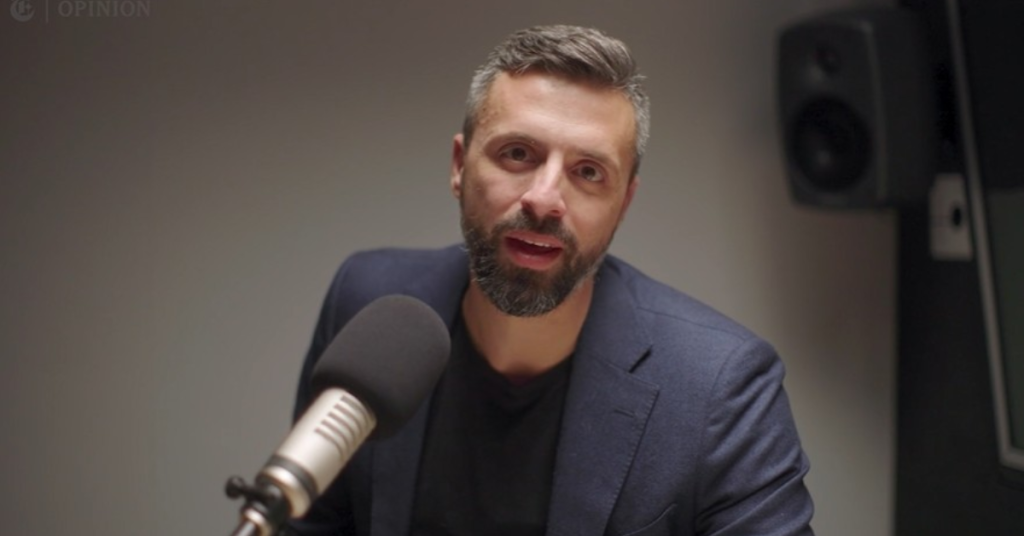
Trump’s ability to dominate the media with both positive and negative content has helped him generate an unmatched amount of public attention, something that has become a critical weapon in his political arsenal.
Hayes expanded on this idea, emphasizing that Republicans, led by Trump and figures like Elon Musk, have become masters at capturing the media spotlight. “What matters is the total attentional atmosphere.
That, in some ways, it’s kind of a sucker’s game to try to… pop in and be like, I got that. Hey, hey. Do you like tax cuts?” Hayes explained. Instead, Republicans are not as concerned with crafting specific messages; they are focused on maintaining a constant stream of attention.
For Klein, the contrast between the two parties couldn’t be clearer. He pointed out that Democrats still believe the type of attention you receive is the most important factor. “If your choice is between a lot of negative attention and no attention, go for no attention,” Klein argued.
This approach, he explained, has led to a tendency among Democrats to shy away from controversy or negative media coverage. On the other hand, the Trump Republican Party has embraced the idea that the volume of attention is what truly matters, regardless of whether it is positive or negative.
Klein also highlighted the difference in how Democrats and Republicans handle media exposure. He noted that when figures like Kamala Harris or Tim Walz were part of the Democratic ticket, they seemed terrified of any media interview going poorly. This caution, according to Klein, reflects a mindset that values the type of attention over the amount of attention.
Trump, in contrast, has not only embraced negative media coverage but has used it to his advantage. His willingness to engage in controversial interviews and make provocative statements has kept him in the public eye.
Klein concluded by saying that the Trump Republican Party has successfully redefined the role of attention in modern politics. While money is still important, it’s clear that attention has become the driving force behind Republican political success.
Disclaimer: This article has been meticulously fact-checked by our team to ensure accuracy and uphold transparency. We strive to deliver trustworthy and dependable content to our readers.

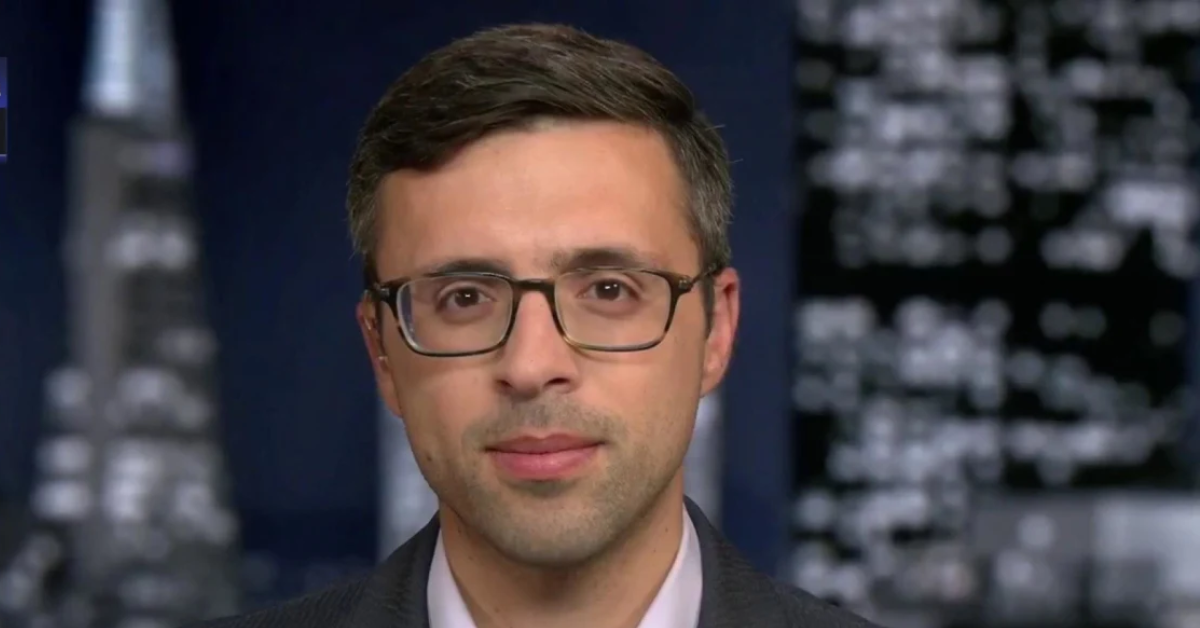
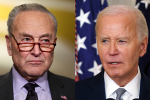


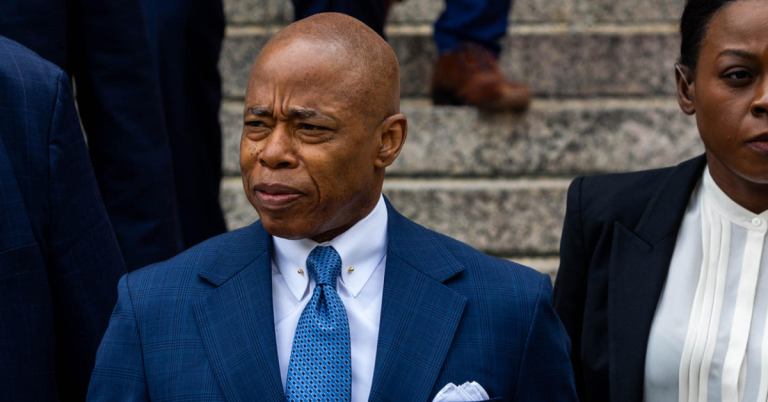
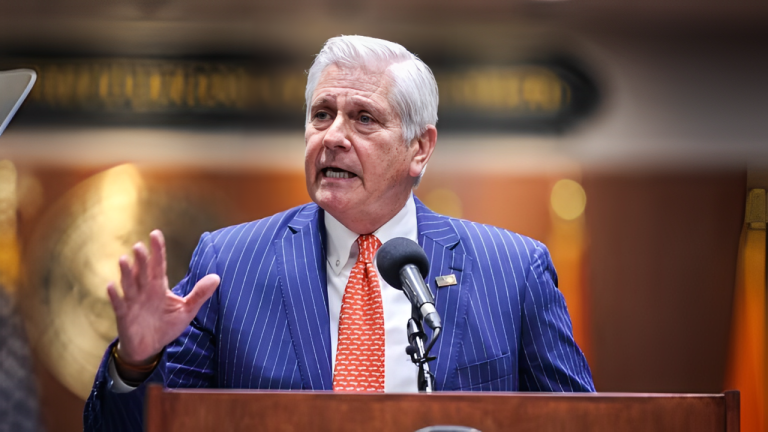
Leave a Comment